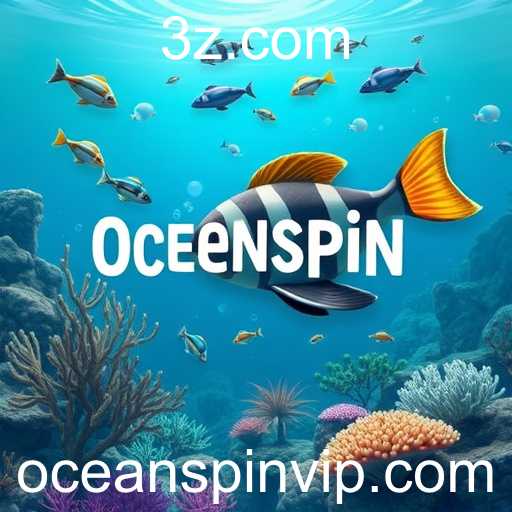Ocean conservation is an ever-growing field of interest, driven by the urgent need to protect our marine environments. In recent years, innovative approaches to raise awareness and educate the public have emerged, including the integration of conservation themes into interactive experiences. A notable example is 'Oceanspin', a captivating game categorized under 'Ocean Conservation', that allows players to engage with oceanic ecosystems in a unique way.
'Oceanspin' stands out as an interactive tool for promoting ocean conservation. By leveraging the engaging format of games, it aims to educate players about the intricacies of marine life and the importance of preserving these vast aquatic environments. The game provides a simulated experience that highlights the delicate balance of marine ecosystems, challenges players with real-world conservation scenarios, and offers solutions that they can implement in their daily lives.
This game not only serves as a recreational activity but also as an educational platform. Players are immersed in tasks such as cleaning up virtual beaches, managing sustainable fishing practices, and learning about the impact of human activities on ocean habitats. By embedding educational content within an entertaining medium, 'Oceanspin' motivates players to take meaningful action for ocean conservation in the real world.
Moreover, 'Oceanspin' fosters a sense of responsibility and active participation by allowing players to understand the impact of their decisions on marine life. As they progress through the game, players encounter various species and environments, each with unique characteristics and challenges. This exposure aims to inspire a deeper appreciation for the diversity and beauty of the ocean, further driving the message of conservation home.
In conclusion, the 'Oceanspin' game category encapsulates a modern approach to environmental education. By combining fun with learning, it provides a platform that raises awareness about essential conservation issues. Players leave with a better understanding of the importance of safeguarding our oceans and are encouraged to carry that knowledge into their real-world interactions with marine environments.








